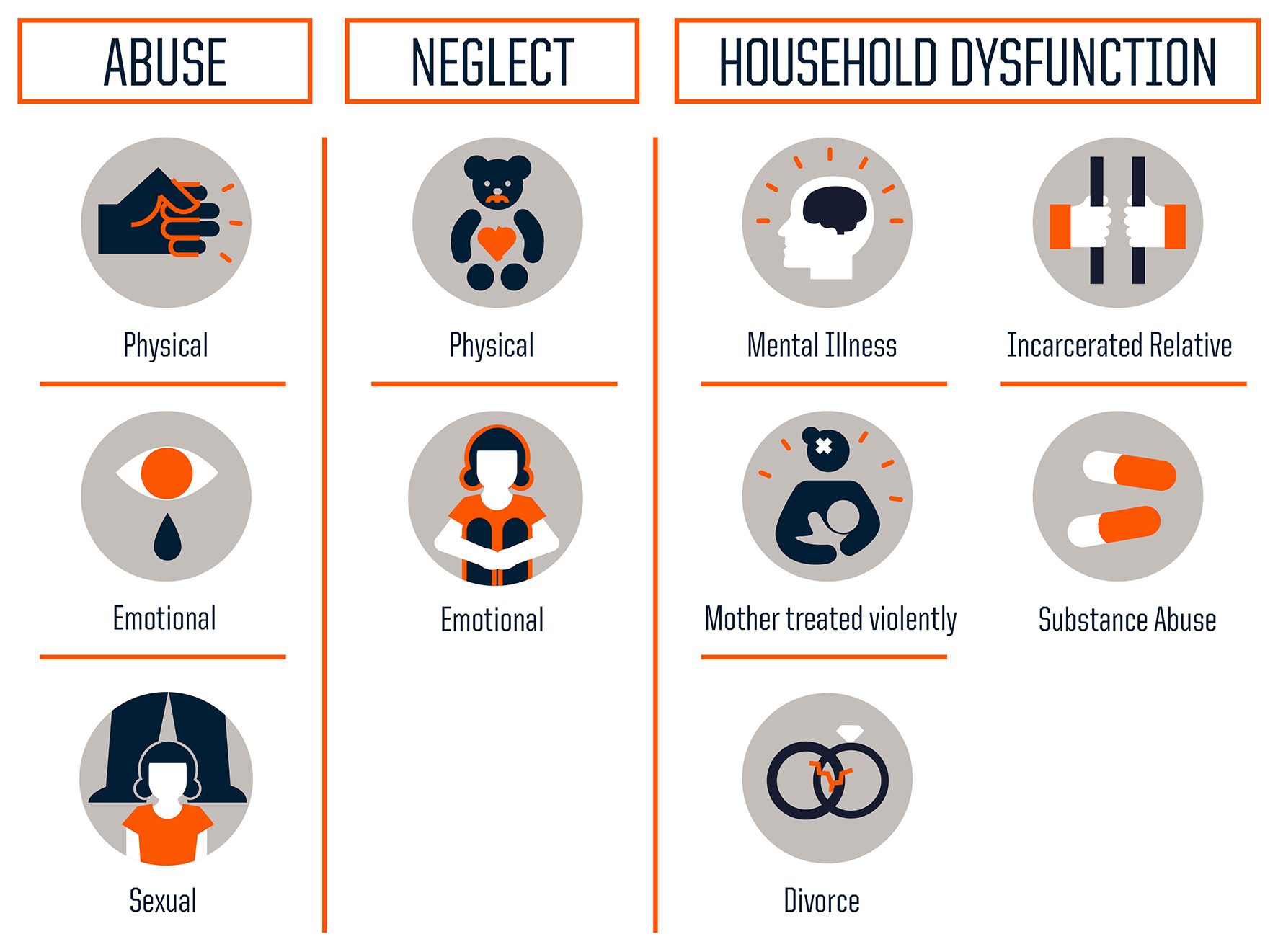Women from all cultures, races, classes, sexualities, ages and levels of ability experience domestic violence and abuse. Whilst each woman’s experience is unique to her we are aware that many issues may profoundly affect her, for example her access to services, who she can confidently ask for help, what she is likely to lose if she leaves the relationship, whether she feels she will be believed, does she risk losing her children? We are always mindful of each woman as a unique individual and how her difference can affect her life and the choices she makes. We will endeavour to ensure that informed choices may be made. We will promote self determination and offer support to achieve this.
We recognise that not all women are ready to permanently leave abusive relationships. They may use the Refuge for respite rather than making a final break, they may simply want to talk to Refuge staff or join a group. We will support them in any decision they make, providing no child is at risk of abuse.
Children make up two thirds of our client group and we have a priority to provide services to them. It is important that they know they have a right to live free from violence in our Refuge. We encourage and support women to find non abusive ways of disciplining their children. We are also aware that recent research has shown links between domestic violence and child abuse.
We are aware that some women may continue to need our support when they are safely resettled. To this end we make our services available through resettlement safety plans, security advice, home drop ins and telephone support and referrals to other DVA services and support groups in or out of county.
We will work positively with external agencies – both statutory and voluntary – to try to ensure that women and children who have experienced violence and abuse receive sympathetic treatment. We will also assist external agencies with domestic violence training events, awareness raising and good practice issues.


